Ghee, an age-old elixir with a radiant hue and a velvety texture, carries within it the whispers of centuries past and the echoes of cultural traditions. This culinary marvel, known by various names such as desi Ghee, cow Ghee, or pure Ghee, transcends mere sustenance; it embodies a profound connection to heritage, spirituality, and community. Let us embark on a journey through time and culture, exploring the intricate tapestry woven by the history and significance of Ghee.
History of Ghee
Ghee, also referred to as clarified butter, boasts a rich and storied history, earning it titles like "liquid gold" or "sacred fat." Its origins trace back to ancient India, around 1500 - 500 BCE, coinciding with the domestication of cattle and the inception of butter consumption. The warm climate of India posed a challenge, causing butter to spoil quickly. To combat this, people turned to the process of clarifying butter, thus extending its shelf life.
Ghee has been an integral part of traditional Indian cuisine, Ayurvedic practices, and Hindu religious observances. Its influence extends beyond India to countries like Pakistan, Bangladesh, parts of Southeast Asia, and even the Middle East. Variations of ghee find their place in culinary traditions in regions as far-reaching as East Africa.
In the realm of Ayurveda, the ancient Indian system of medicine, ghee is highly esteemed for its multitude of health benefits. Renowned for its anti-inflammatory properties and its ability to aid digestion and promote mental well-being, ghee holds a special place in Ayurvedic rituals. According to Ayurvedic principles, ghee nourishes the nervous system, fostering a sense of calm and sustained energy throughout the day. Individuals with a predominant vata dosha, representing air, ether, and dryness in the mind-body constitution, particularly benefit from ghee's grounding, nourishing, and lubricating qualities.
Cultural significance of Ghee
Beyond its culinary and medicinal applications, Ghee holds profound cultural significance, serving as a tangible embodiment of cherished values and traditions within Hindu communities and beyond.
In Hinduism, the veneration of cows as sacred beings is deeply ingrained in religious and cultural practices. The cow is revered as a symbol of purity, fertility, and motherhood, embodying the nurturing and life-sustaining qualities valued in Hindu culture. From this reverence for the cow stems the esteemed status of dairy products derived from its milk, with Ghee occupying a pinnacle position among them.
The ritualistic use of Ghee in Hindu ceremonies and rituals is emblematic of its sacred nature. The "Ghee lamp," lit during prayers and ceremonies, symbolises the eternal flame of knowledge and spiritual enlightenment. The act of lighting the lamp with ghee is imbued with symbolism, signifying the dispelling of ignorance and the illumination of the path towards divine understanding and transcendence. Thus, Ghee becomes not just a physical substance but a conduit for spiritual connection and enlightenment.
During auspicious occasions such as weddings, births, and religious festivals,desi Ghee takes on a symbolic role as a sacred offering. Its purity and nourishing properties make it a fitting gift to express reverence, devotion, and blessings. By offering ghee to deities or sharing it with loved ones, individuals participate in age-old customs that reinforce familial bonds, community ties, and spiritual connections.
Furthermore, the act of sharing ghee transcends mere hospitality; it embodies the spirit of generosity, abundance, and unity within communities. Whether exchanged during festive gatherings, shared as part of traditional meals, or gifted on special occasions, Ghee fosters a sense of togetherness among family members, friends, and neighbours. Its presence on dining tables and in kitchens serves as a reminder of shared cultural heritage and values that have endured through generations.
In recent years, Ghee has experienced a renaissance, captivating the palates and imaginations of food enthusiasts worldwide. Its rich, nutty flavour and high smoke point make it a prized ingredient in gourmet cuisine, elevating dishes with its subtle complexity and depth. As the demand for authentic, high-quality Ghee grows, artisans and producers continue to uphold age-old traditions, ensuring that each batch embodies the essence of purity and craftsmanship.
In conclusion, as we reflect on the rich history and cultural significance of Ghee, it becomes evident that this golden elixir transcends its culinary and medicinal attributes to embody a profound connection to heritage, spirituality, and community. From ancient rituals to modern kitchens, ghee has woven itself into the fabric of diverse cultures, symbolising purity, abundance, and unity. As we continue to cherish and honour the traditions surrounding Ghee, let us embrace its timeless legacy and the nourishment it brings to body and soul.
For those seeking to experience the authentic essence of Ghee, we invite you to indulge in Aazol's A2 Bilona Cow Ghee. Crafted with care and dedication using traditional methods, our ghee embodies the purity and richness of centuries-old traditions. With each spoonful, savour the unrivalled taste and nourishment of this premium Ghee, and join us in celebrating the enduring heritage of this cherished culinary treasure.
Experience the essence of tradition with Aazol's A2 Bilona Cow Ghee - a testament to purity, quality, and cultural heritage. Buy at https://aazol.in/


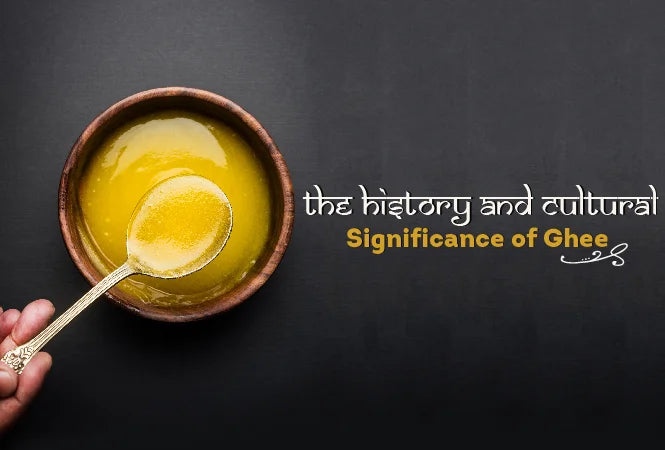
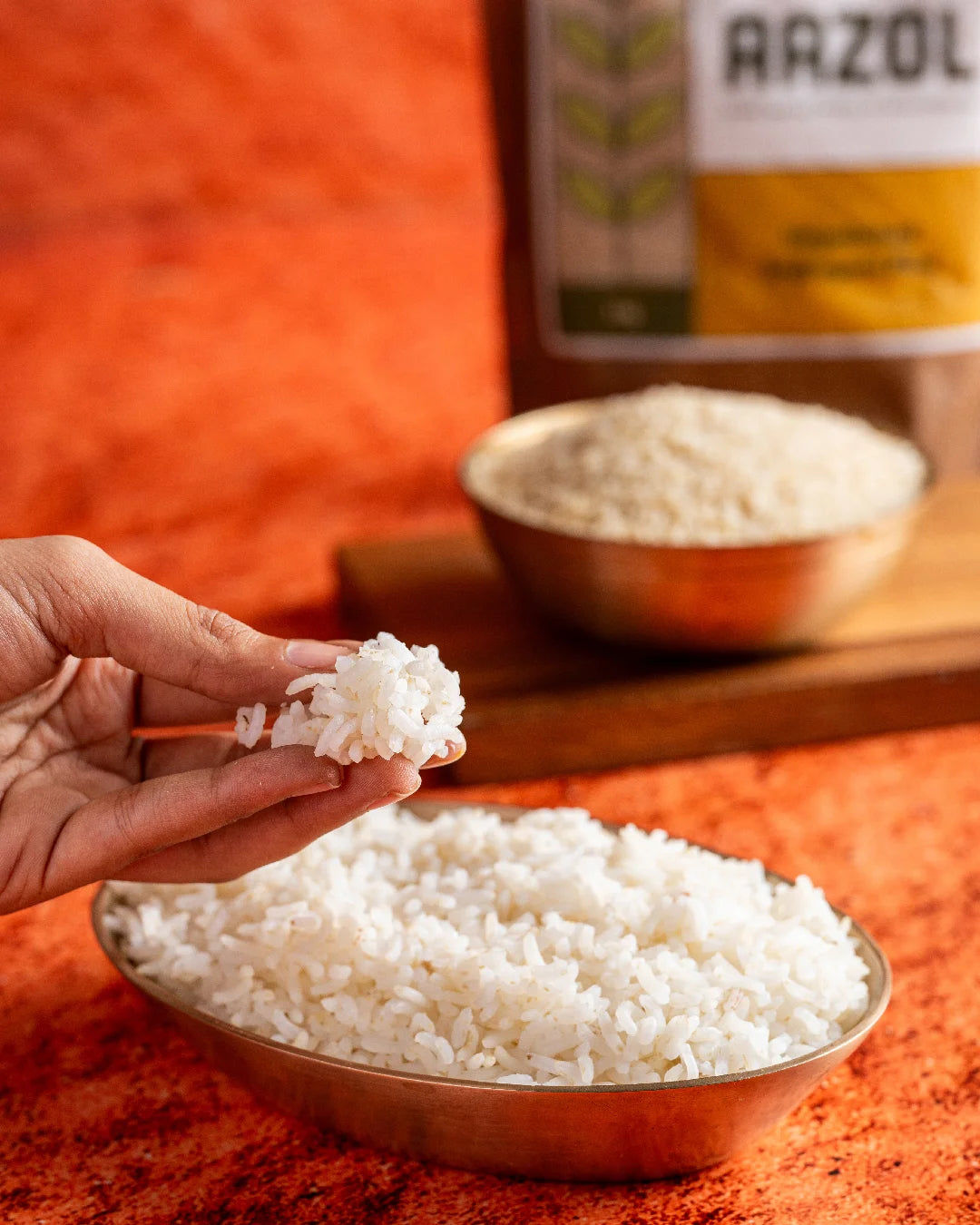
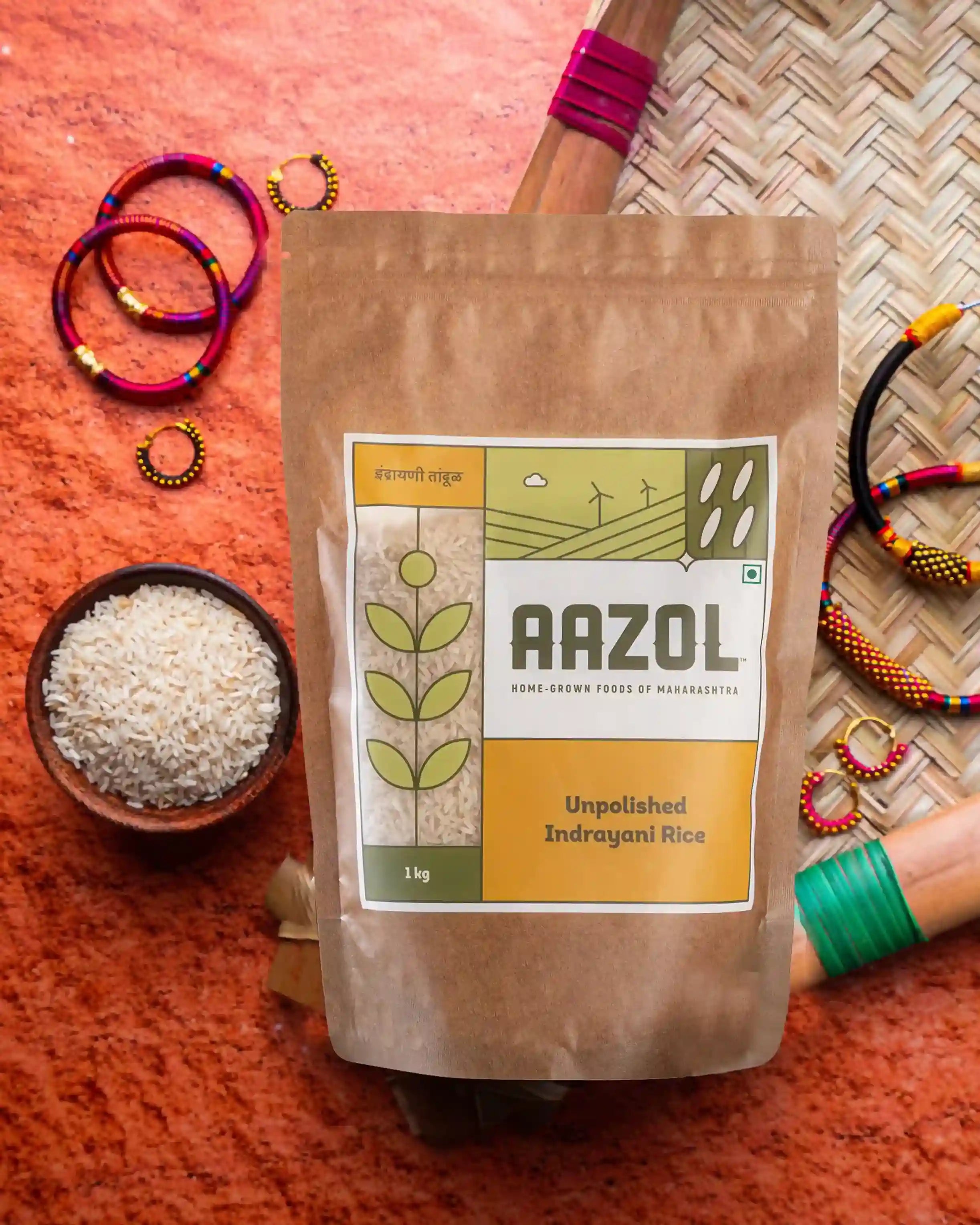

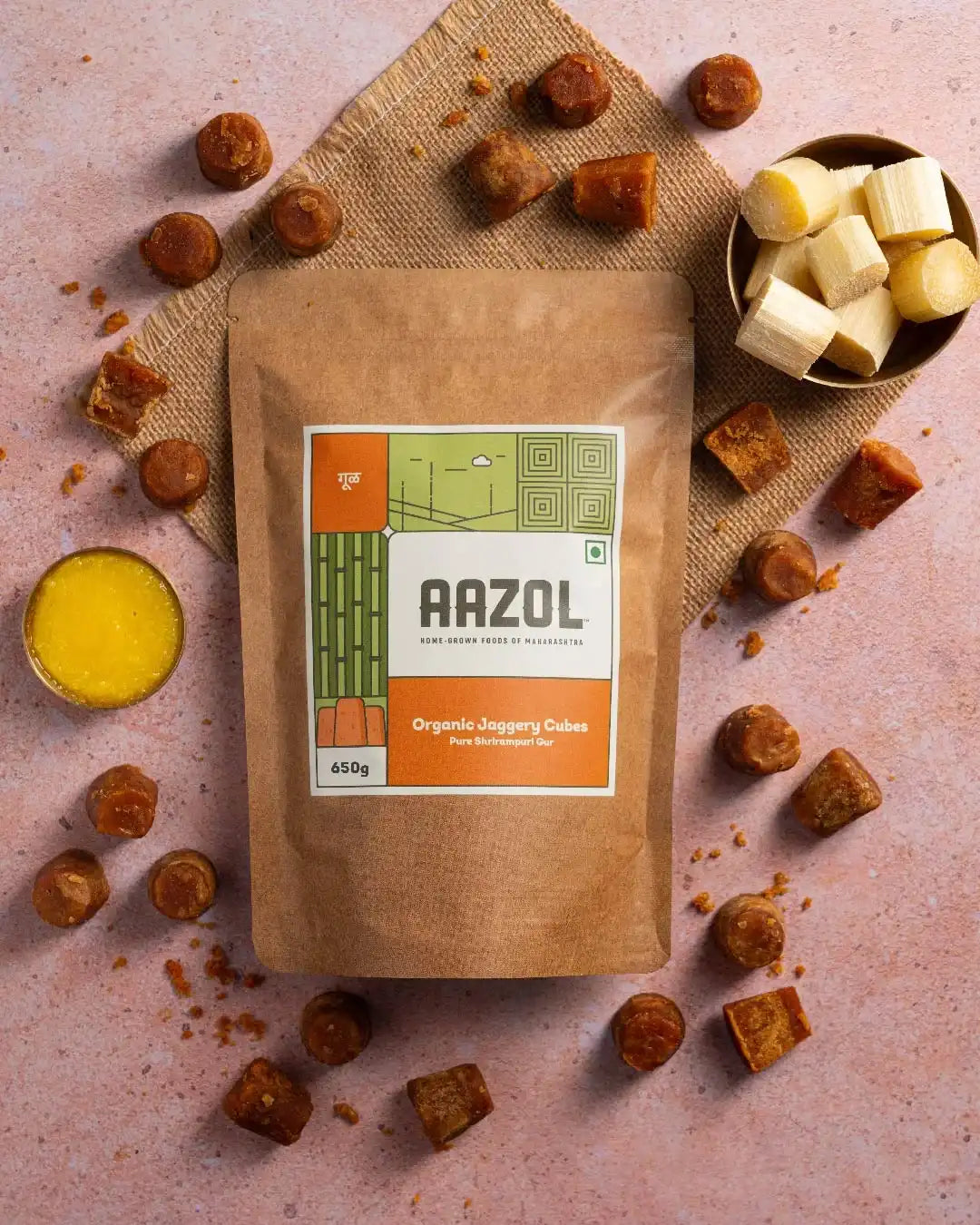

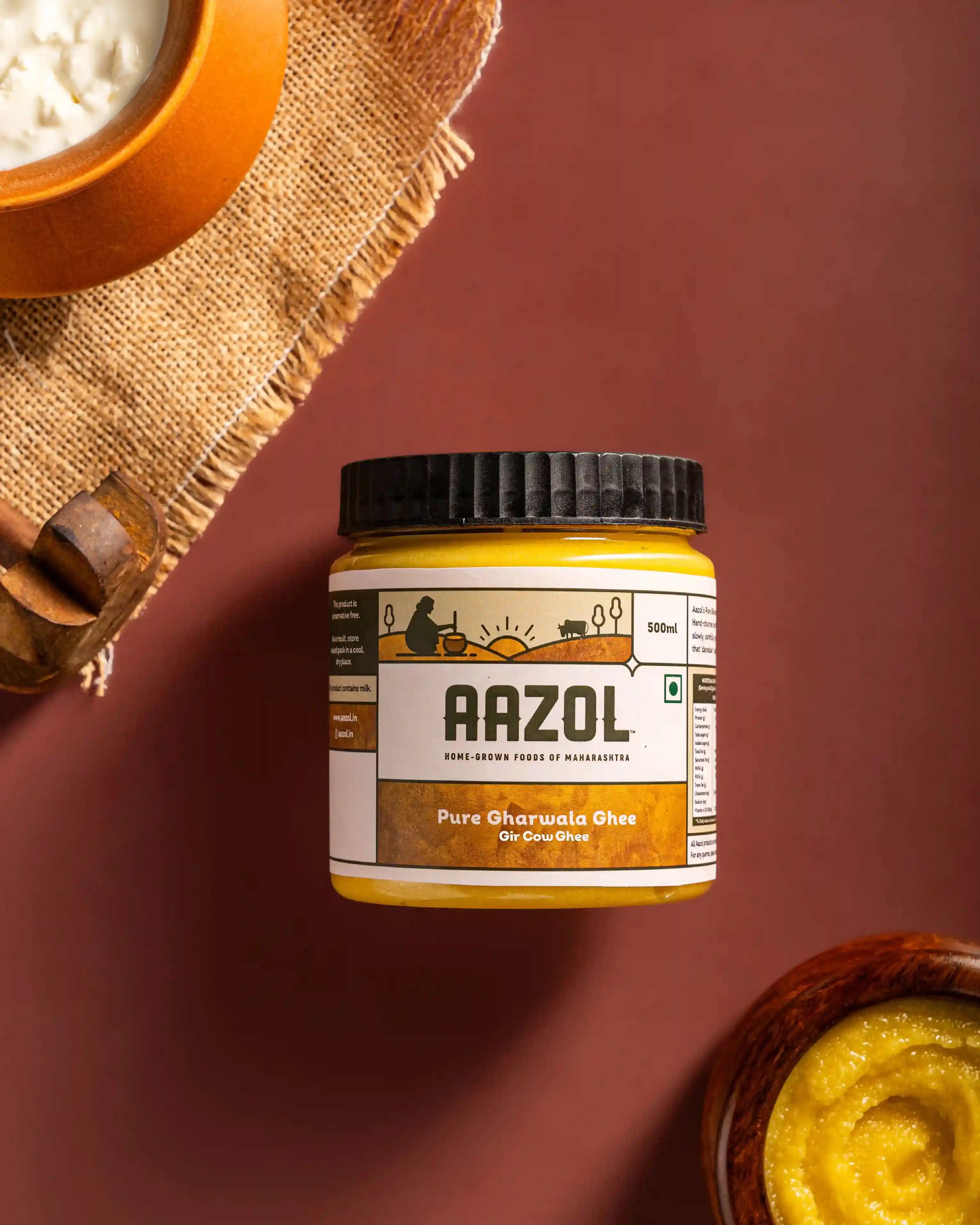
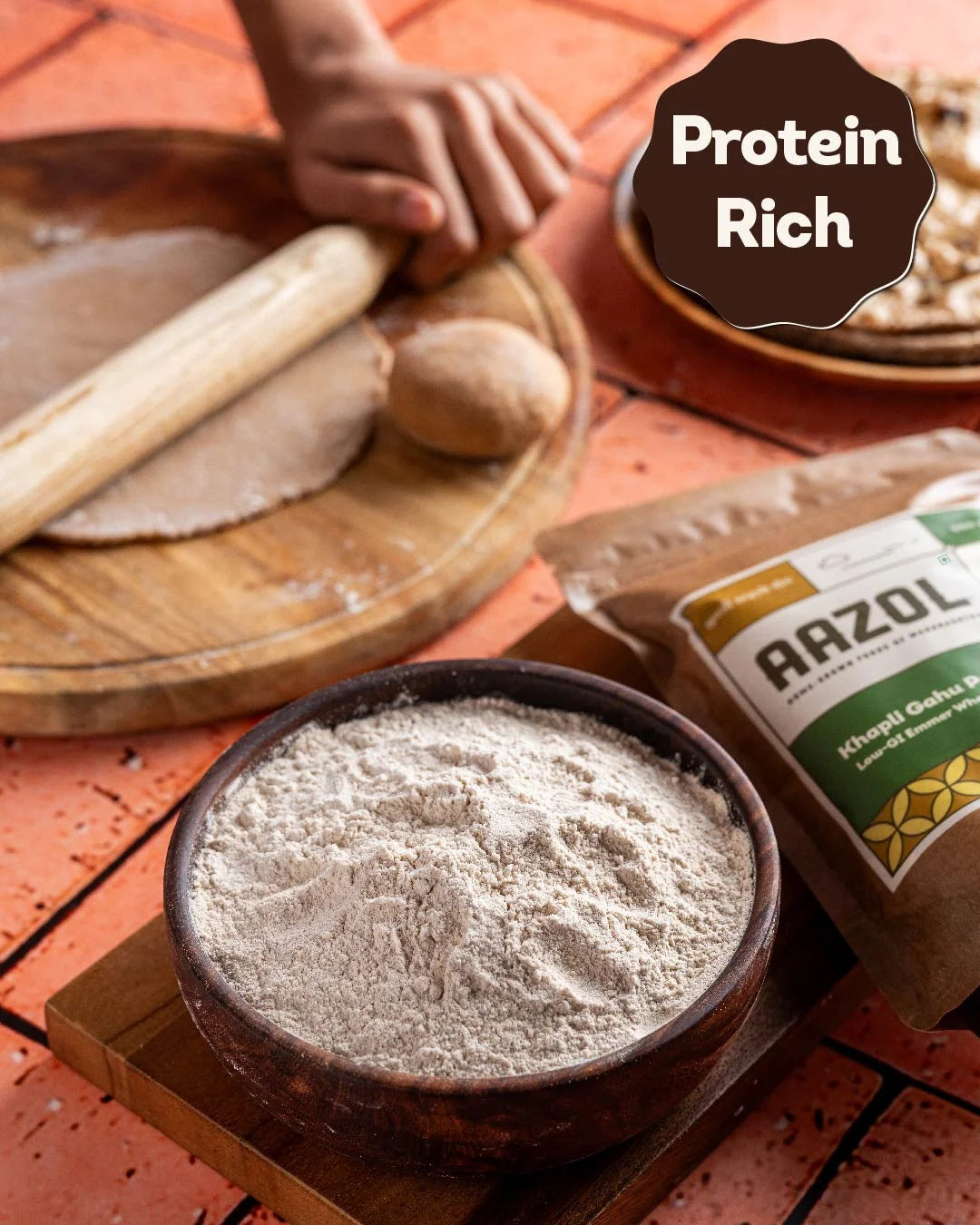
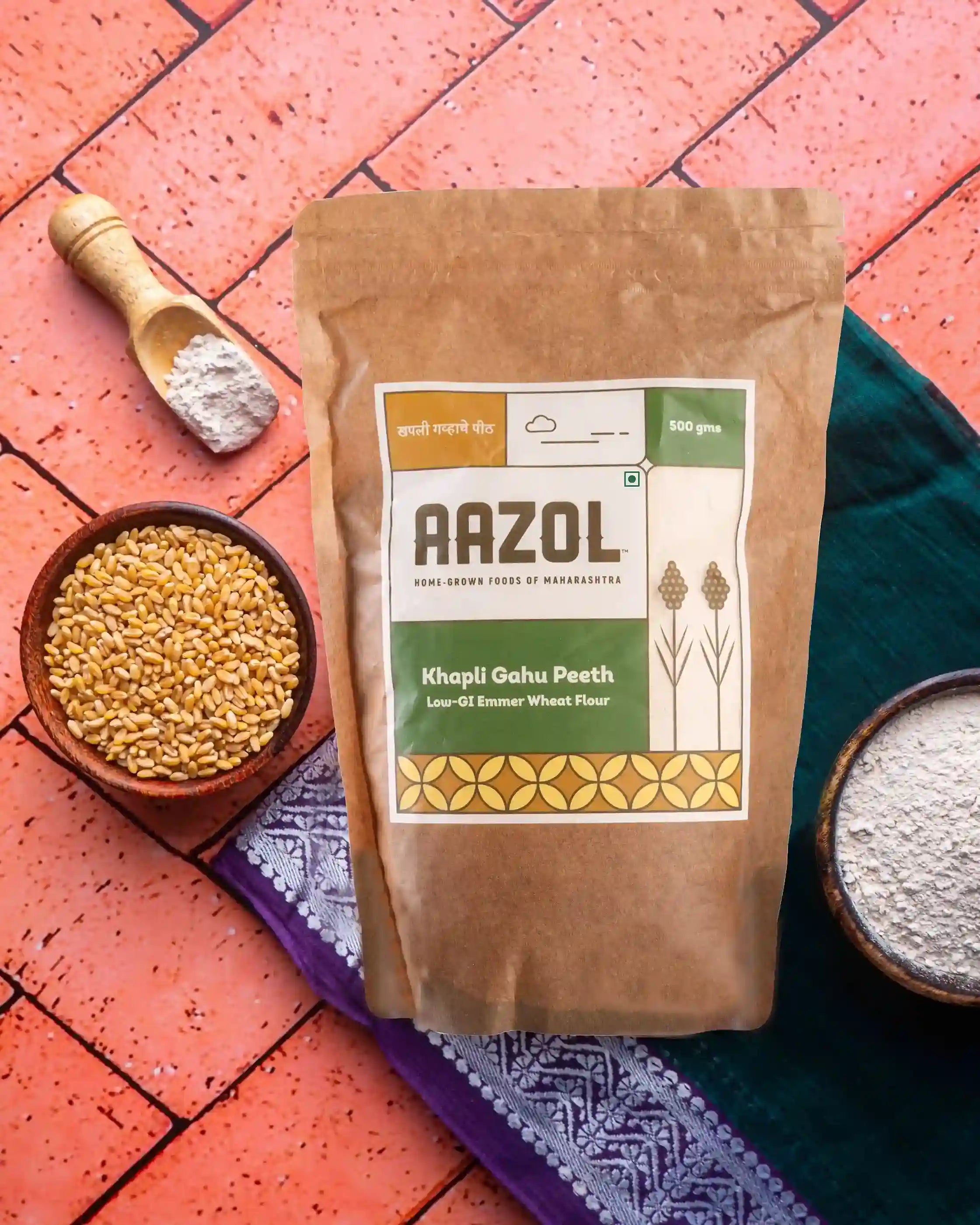
Comments (0)
Your comment may be featured to help others on a similar journey